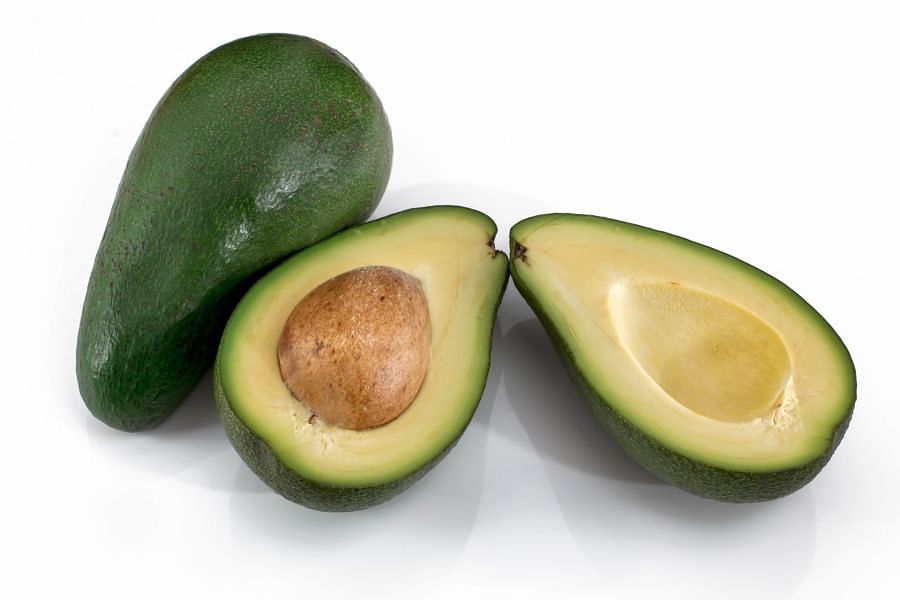
The use of avocados, also known as butter fruit or alligator pear, has been gaining popularity in India and research shows that it is packed with nutrients. June is avocado month and it’s probably time to cash in and lap up a bit of health food.
It has less sugar compared to other fruits and also has the goodness of healthy fats.
According to a paper published in the National Center for Biotechnology Information (USA), avocados are rich in dietary fibre, potassium, sodium, magnesium, several vitamins, niacin and several other nutrients. Clearly, it qualifies as a superfood.
DH lists some health benefits of avocados:
Regulates blood pressure:
Avocados have more potassium than bananas. And maintaining the right level of this mineral in the body can help regulate high blood pressure. Hypertension is one of the major causes of heart attacks and strokes. It could also lead to kidney problems.
Good for the digestive system:
Being high in insoluble fibre, avocados can aid in weight loss and blood sugar control. The NCBI says that avocados can help in achieving one-third of the body’s dietary fibre needs, just by consuming one half of a fruit.
Contains good fats:
It is one of the fattiest among fruit and vegetables, but it contains good fats and mainly oleic acid. Benefits of oleic acid, among others, include good skin and reducing inflammation.
The NCBI paper says that eight preliminary avocado cardiovascular health clinical studies have consistently demonstrated positive heart-healthy effects on blood lipids profiles. This is primarily because of avocados’ low saturated fatty acids and high-unsaturated fatty acids (MUFA and PUFA).
Weight loss:
Avocados are high in fibre and have low carbohydrates, including them in meals may help in reducing weight. A study showed that people who ate avocado with meals felt more satisfied and had a lower desire to eat for the next five hours as compared to people who did not eat the fruit.
The NCBI paper adds that there is a general perception that consuming foods that are high in fat will lead to weight gain. Clinical trials have found that a moderate fat diet can be effective in a weight loss plan and also reduce chronic disease risk.
Good for the eyes:
Avocados have carotenoids called lutein and zeaxanthin, which are good for eye health. Research has shown that they can reduce the risk of getting cataracts and macular degeneration, which is one of the major causes of irreversible loss of vision. The NCBI says that avocados have 185 μg of lutein/ zeaxanthin in half a fruit and this is known to be high than in most other fruit and vegetable sources.
Not only do they have antioxidants, but they also help increase antioxidant absorption from other foods.
Good for the skin:
The NCBI paper also lists the positive effects of lutein and zeaxanthin, which could be helpful in protecting the skin from damage from ultraviolet and visible radiation.
How to consume avocados:
They can be eaten with a bit of honey and this will ensure that you are not taking in too many calories.
They can also be included in salads. A simple salad can be made with chopped avocado, tomato, cucumber and onion. These can be tossed with a bit of olive oil, a pinch of salt and a bit of lemon juice.
They can be ground with banana and milk for a delicious smoothie.
Apart from the above, there are numerous other recipes to enjoy the goodness of avocados.
Note: The health benefits listed above are general guidelines and not substitutes for professional medical advice.